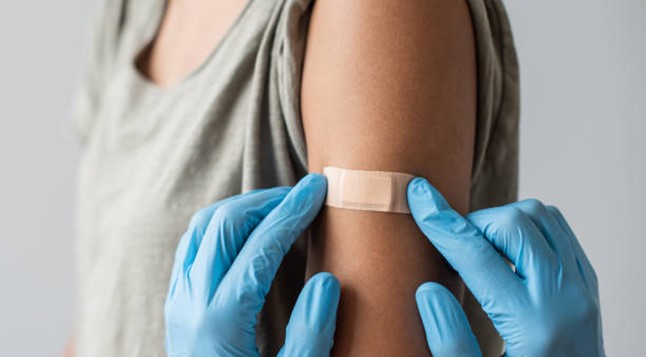

The vaccine is a live, weakened form of the virus. For most people, a single dose of yellow fever vaccine provides long-lasting protection, and a booster dose of the vaccine is not needed. However, travelers going to areas with ongoing outbreaks may consider getting a booster dose of yellow fever vaccine if it has been 10 years or more since they were last vaccinated. Certain countries might require you to get the vaccine; visit Travelers' Health for information on specific country requirements.
Talk to your healthcare provider to determine if you need a yellow fever vaccination or a booster shot before your trip to an area at risk for yellow fever.
Reactions to yellow fever vaccine are generally mild and include headaches, muscle aches, and low-grade fevers. Rarely, people develop severe, sometimes life-threatening reactions to the yellow fever vaccine, including:
If you recently received the yellow fever vaccination and develop fever, headache, tiredness, body aches, vomiting, or diarrhea, see your healthcare provider.
Some people might have an increased risk of developing a reaction to the vaccine (precaution) but may still benefit from being vaccinated. A few people should not get the vaccine because they have a greater risk of developing a severe reaction to the vaccine (contraindication). Tell your healthcare provider if you have one of the following precautions or contraindications to vaccination.